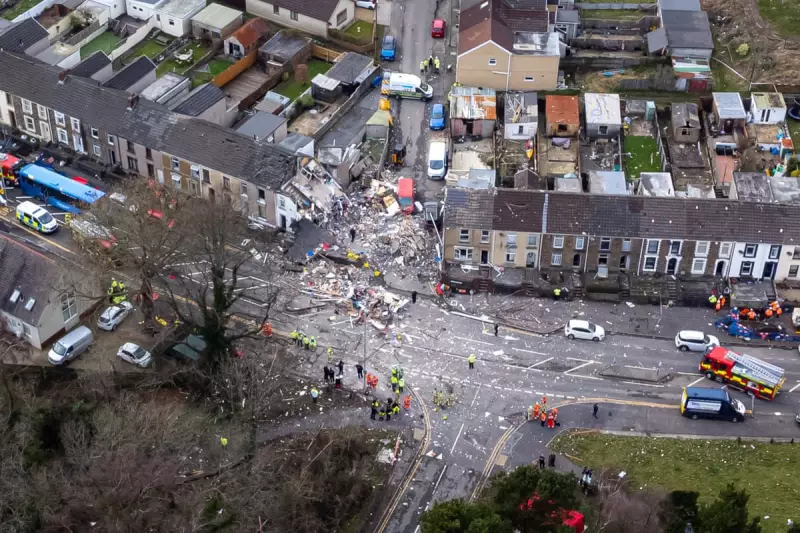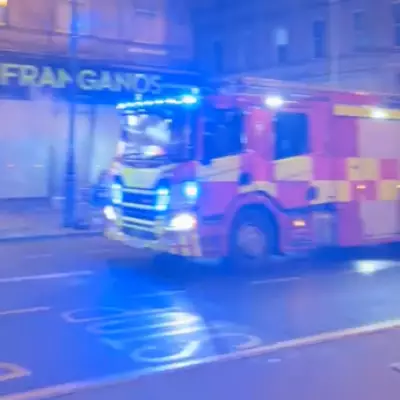
A coroner's investigation into a fatal house explosion in Swansea has concluded with a stark admission: the cause of the devastating blast may never be known due to a catastrophic failure in evidence handling.
The inquest heard how crucial pieces of evidence, including the home's damaged gas meter, were either lost or destroyed after being collected by emergency services and investigators. This loss has rendered a definitive finding impossible, leaving the family of the victim without closure.
A Tragedy Shrouded in Mystery
The explosion, which occurred in the quiet residential area of Morriston, completely destroyed the property and tragically claimed the life of 68-year-old Keith Morris. Emergency services described the scene as one of utter devastation, with the force of the blast causing significant damage to neighbouring homes.
Assistant Coroner Paul Bennett recorded a conclusion of accidental death but expressed profound frustration at the inability to pinpoint the exact source of the explosion. He stated that the lost evidence had left a gap in the investigation that could not be filled.
Evidence Handling Under Scrutiny
The hearing revealed a troubling chain of events following the incident. Key items were gathered from the rubble by South Wales Fire and Rescue Service and subsequently handed over to South Wales Police.
Despite being logged into evidence, the gas meter and other components vital for forensic analysis vanished. A police representative acknowledged the loss, confirming that extensive searches had failed to locate the missing evidence.
This failure has raised serious questions about the protocols for handling evidence in major incident investigations and the communication between different emergency services.
A Family's Search for Answers
The ruling leaves the family of Mr. Morris with enduring uncertainty. While the possibility of a gas-related incident was the primary focus of the investigation, the loss of the meter means this can neither be confirmed nor ruled out.
The coroner extended his deepest sympathies to the family, acknowledging that the lack of a clear cause would be an additional burden in their grief. The case underscores the vital importance of meticulous evidence preservation, not just for justice, but for providing bereaved families with the answers they deserve.





